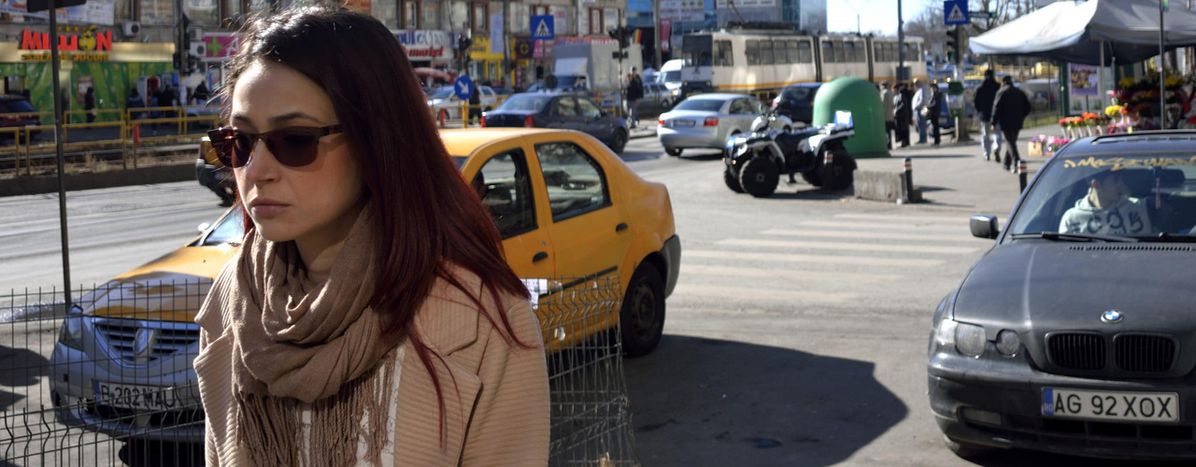
Why Romania needs to vote this weekend
Published on
December means it's time to look back over the past year and admit that maybe 2016 hasn't been all that great. International relations this year have the feel of a Jenga tower that could collapse with one seemingly insignificant move. The question is: what will that move be? The UK, US, Italy and Austria have all had their turns. Romania is up next... [OPINION]
If you stop a person on the street of any town or city in Romania and ask about their political preferences, or how they feel about the parliamentary candidates, the automatic response will be a disillusioned stare and a cynical response along the lines of: "They are all the same...it really doesn’t matter who you vote for." In the 27 years since the revolution that vowed to make Romania a "true democracy," people have become desensitised to promises for a better future. For some it is because the change didn't come soon enough, but for others (albeit few) change will come... just maybe not in their lifetime.
Why even bother?
Voting in parliamentary elections is not the highest priority for most Romanians. As is the case every election year, the polling stations are most likely going to see less than 50% of the population show up. Not because the people don’t want a better future, but because they know they won’t have it. So why bother waking up early on a beautiful Sunday morning? Recent history has shown that the "traditional" political parties, the PNL (National Liberal Party) and PSD (Social-Democrat Party), seldom act in the best interest of their constituents, or even according to the abstract political notions that their parties promote.
On the other hand, smaller parties like USR (Save Romania Union) that have only surfaced in the past few years, and are more progressive in their political agendas, aren’t viewed any more favourably by the public. Most blame it on their lack of experience or an unwillingness to adapt. Either way, nobody in the candidate pool is garnering an impressive deal of attention.
Expanding horizons
That said, my personal statements regarding the Romanian political landscape have often been criticized as being "too narrow." That may be the case. I am a millennial who wasn’t even born at the time of the Revolution and who can’t truly complain about the poor standards of living during the worst years of the Communist regime. I am aware that I make these statements from a privileged position, as I’ve only noticed the aftermath of Communism in a somewhat diluted manner. With that in mind, I talked to Gabriel Sîrbu, a 55-year-old Bucharest-based engineer who has witnessed and experienced enough in order to give a proper opinion.
When asked how he feels about this years’ parliamentary elections, he admitted that he was happy to see that the smaller parties were not intimidated by their more established competitors, as this signifies "the first step towards change." As someone who was "physically and emotionally invested in the outcome of the 1989 Revolution," Sîrbu has made a point of voting for the right, something he noticed among many of his contemporaries. However, the country’s lack of a strong anti-socialist party has led to political volatility and the public’s eventual misanthropy.
"We lack the will to challenge our leaders"
Doing his best to maintain his objectivity, he made two very important points about the current state of Romanian politics that may be suggestive of the election outcome:
"The problem with the current political class is the lack of strategic thinking and of a clear policy plan in the long term. Many politicians don’t think beyond the time they will be in office, but the people will have to live with their disjointed decisions. Secondly, the level of corruption among leaders and those in public office is very off-putting, to say the least. This is why I believe we’re not making any progress."
Sîrbu continued by comparing the attitude of politicians in Romania with those abroad. "As somebody who’s resided abroad many years, what we lack as a people is the will to challenge our leaders – at any level. That’s a reflex we ought to harness."
Nobody knows what Sunday’s election will hold. Or maybe nobody cares. Most likely we appear not to care because we think nothing is going to change. But, all cynicism aside, we live in a tumultuous age. The decisions in the US, the UK and the rest of Europe will most likely have a domino effect which will, in the end, change the whole political scene here in Romania.



